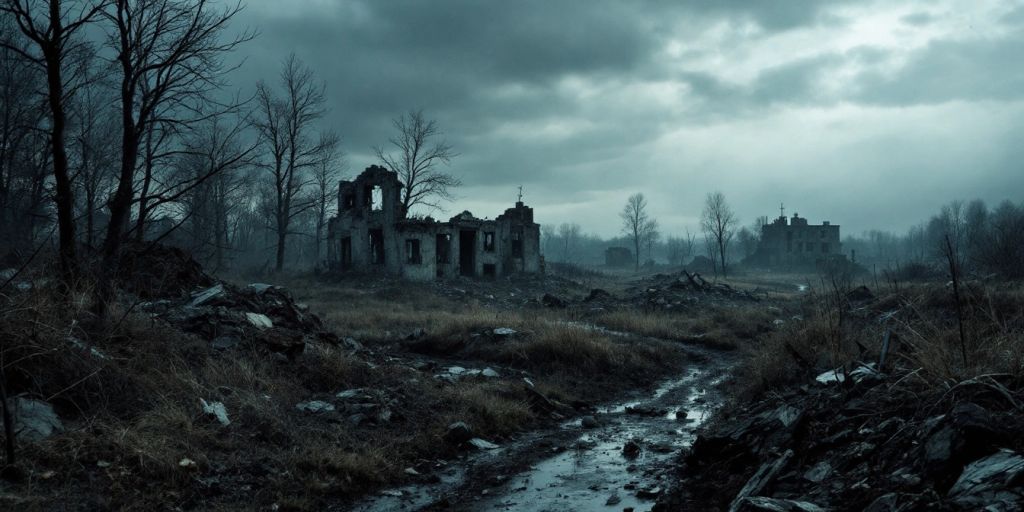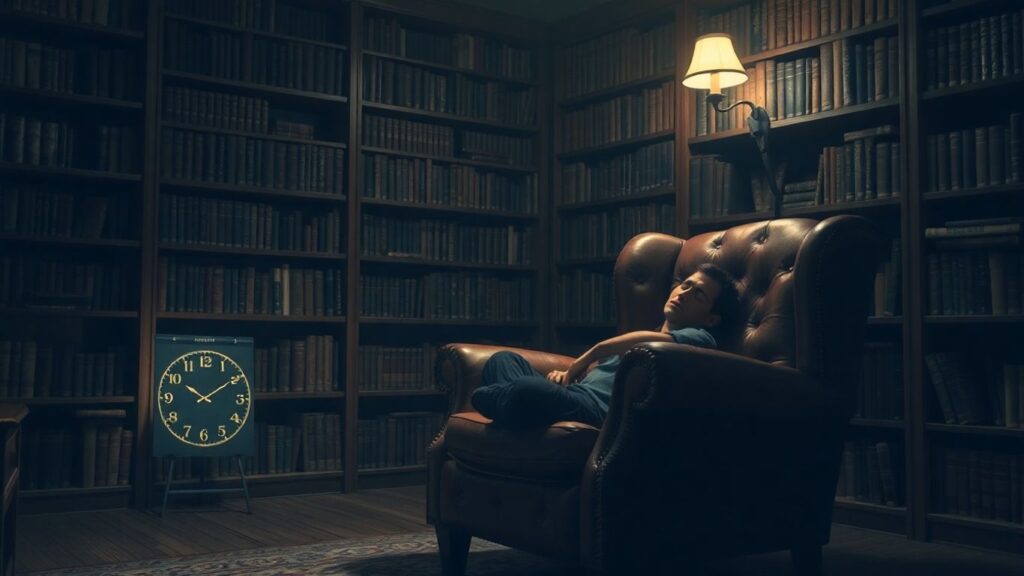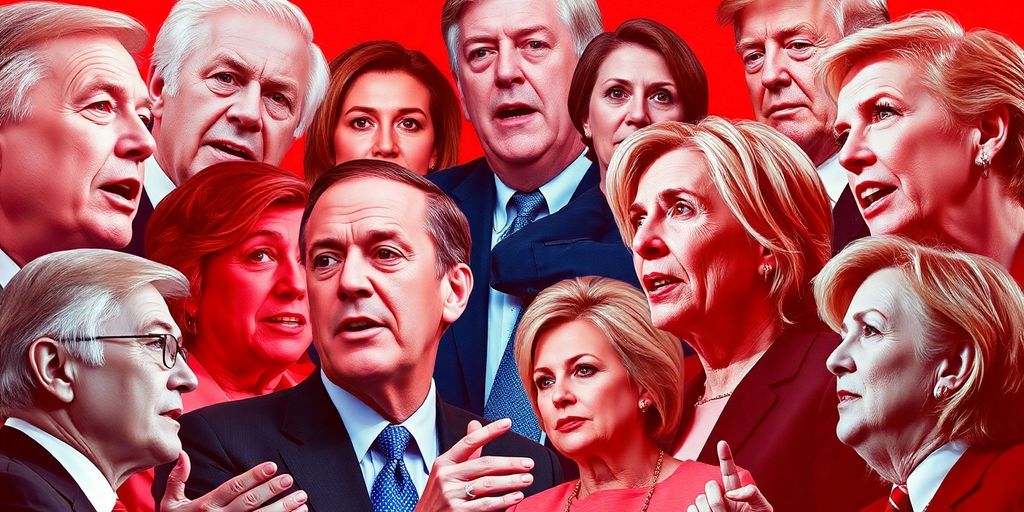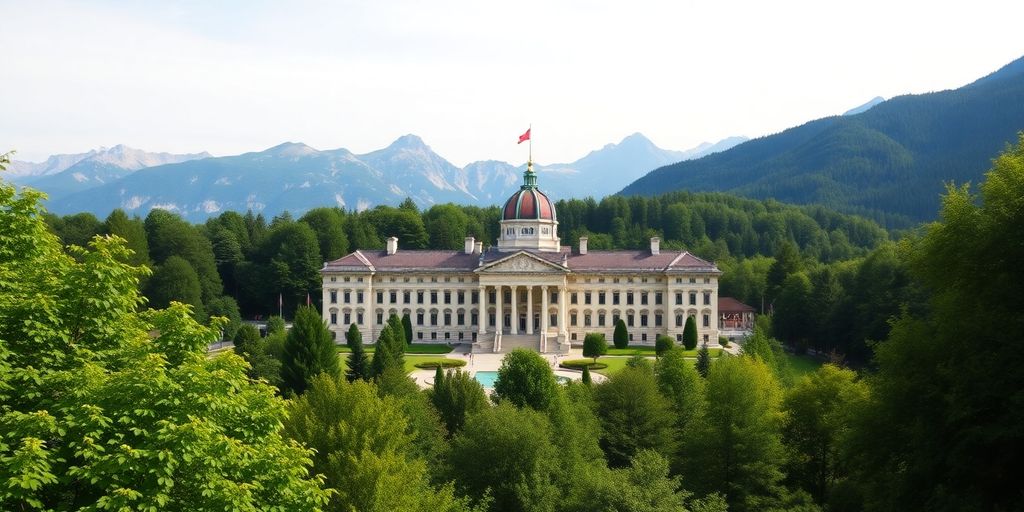Victor Orban: “Europe Has A Few More Years Left” at CPAC 2025
![[Victor Orban] speaks at CPAC 2025 event.](https://www.peopleandmedia.com/wp-content/uploads/2025/11/1df89e9bthumbnail-1024x576.jpeg)
Hungarian Prime Minister Victor Orban shared his stark views on the future of Europe, migration, and the ongoing conflict in Ukraine during a recent CPAC event. He painted a picture of a continent facing significant challenges, questioning its long-term viability in its current form and advocating for a return to traditional values.
Key Takeaways
- Europe’s Decline: Orban believes Europe is in its "last phase" and is losing its competitiveness, heading towards economic decline and increased debt.
- Migration as a Political Tool: He views mass migration not as a humanitarian issue but as a deliberate plan by the left to fundamentally change European societies and voting demographics.
- The Ukraine War: Orban asserts that Russia is winning the war and that peace can only be achieved through direct US-Russia negotiations, not between Ukraine and Russia.
- Pro-Family Policies: Hungary’s focus on supporting families and increasing birth rates is presented as an alternative to migration for demographic challenges.
- Cultural War: He highlights the ongoing battle for cultural dominance, particularly within universities, against progressive and leftist ideologies.
Europe’s Troubled Future
Orban expressed a grim outlook for the European Union, suggesting it has "a few more years left" in its current structure. He argued that the EU has lost its competitiveness, and the financial transfers that once held member states together are diminishing. This decline, he believes, leaves Europe with few options: either undertake painful economic reforms with strong leadership or resort to accumulating debt, which he sees as the "beginning of the end."
He pointed to the increasing reliance on loans and debt as a sign of the EU’s final phase. Orban also touched upon the demographic winter facing Europe, stating that without migration, many countries face a declining population. However, he strongly opposes mass migration, viewing it as a deliberate strategy by the left to replace native populations and alter the continent’s cultural and political landscape.
Migration: A Deliberate Plan?
"Migration is not just a problem of legal system or demography or employment. It’s the basic structure the livestock structure of your society and the left started to change it," Orban stated. He believes that the influx of migrants, who often do not share European cultural or religious backgrounds, is intended to shift voting blocs away from traditional, right-wing parties. This, he argues, fundamentally alters the political competition that has defined Europe for centuries.
He cited the example of Turkish referendums where diaspora votes significantly impacted outcomes, illustrating how new populations can change the political dynamic. For countries that have already accepted large numbers of migrants, Orban suggested the situation is dire, and a return to the previous state might be impossible. He contrasted this with Hungary’s approach, emphasizing its strict border controls and zero tolerance for illegal migration.
The War in Ukraine: A Different Perspective
On the conflict in Ukraine, Orban presented a controversial view, stating that "Russia is winning militarily." He recounted a conversation with Ukrainian President Zelenskyy where he urged for a ceasefire, warning that time was not on Ukraine’s side. Zelenskyy, he claimed, rejected this advice, believing in a military victory and Western support.
Orban asserted that peace can only be achieved through direct negotiations between the United States and Russia, not between Ukraine and Russia. He believes that the West has misunderstood Russia’s position and that a comprehensive deal involving trade, energy, and security, brokered by the US, is the only path to lasting peace. He also questioned the wisdom of Western leaders continuing to fund the Ukrainian army, suggesting that resources would be better spent on strengthening European defense capabilities.
Hungary’s Pro-Family Policies
In contrast to migration, Orban highlighted Hungary’s focus on pro-family policies as a way to address demographic challenges. He explained that his government has implemented numerous measures over the past decade to encourage childbirth and support families, including tax breaks for mothers with multiple children and financial incentives. He believes that a long-term commitment, spanning one to two decades, is necessary for such policies to yield significant results.
"The most expensive thing is migration. More than a million dollars a day," Orban argued, suggesting that investing in families is a more cost-effective and socially beneficial approach. He also touched upon the importance of family as the core of society, which influences policies like the absence of inheritance tax, viewing inherited wealth as a common family achievement.
The Cultural Battleground
Orban also discussed the "cultural war," particularly the influence of progressive and leftist ideologies in universities. He acknowledged that these institutions are often dominated by such viewpoints but expressed optimism that students are not entirely swayed. He stressed the importance of creating alternative institutions and movements to counter dominant narratives and promote traditional values.
He described his own efforts in Hungary as a "marathon," acknowledging that changing cultural landscapes takes time and sustained effort. Despite decades of work, he noted that leftist and progressive views still hold a significant presence, even in Hungary, which he considers a bastion of conservative politics.
Leadership and the Future
Reflecting on his own political career, Orban noted how his understanding of freedom has evolved. Initially seeing freedom as liberation from oppression, he now believes it must also be "for something" – serving higher values like family, God, and nation. He sees this shift as the essence of conservatism: recognizing that certain things are more important than oneself.
He also commented on global leadership, mentioning figures like Donald Trump and Narendra Modi as leaders who share a similar worldview. Orban believes that a return to common sense and rational actors in international politics is necessary, suggesting that Europe is increasingly absent from this sphere. He concluded by emphasizing that while Europe’s current path is self-destructive, the core values of freedom, family, and nation remain the foundation for a resilient society.







Responses